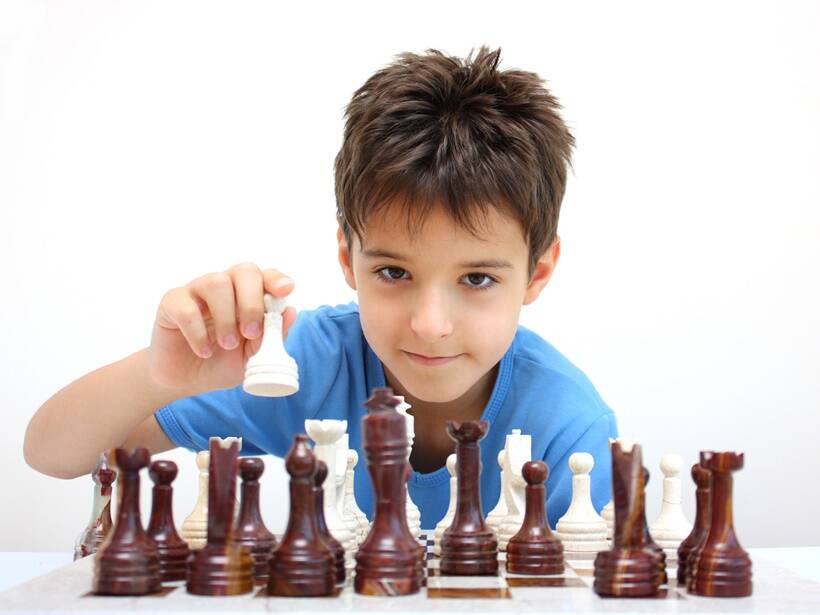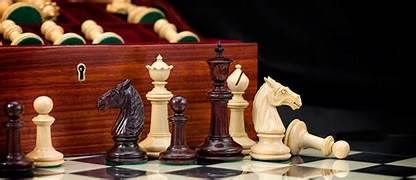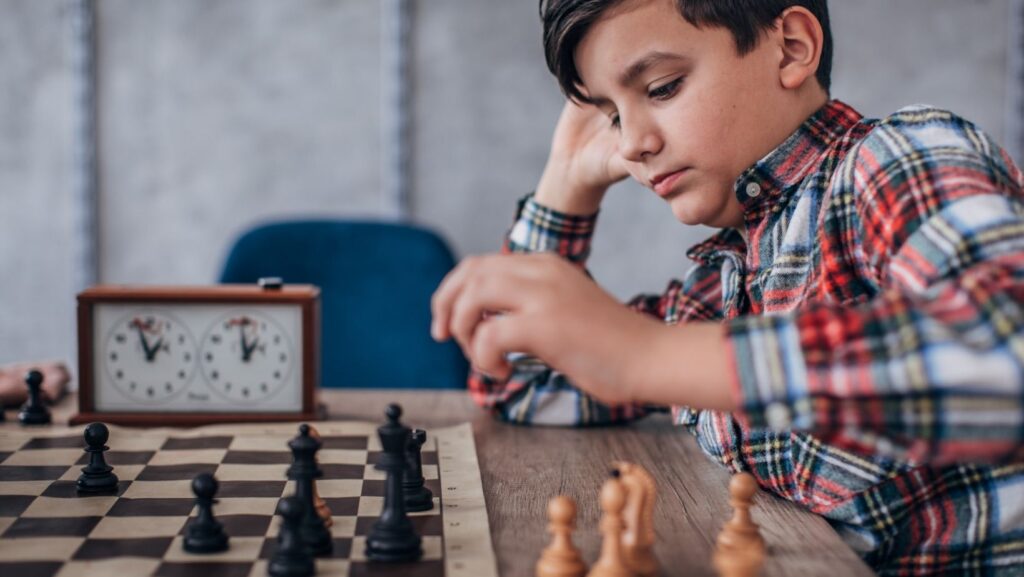Introduction:
As you observe your children diving into the enchanting realm of chess, you might be curious about the factors that lead to their success in this complex game. In this adventure, we will delve into the captivating world of chess and reveal the qualities that shape a young chess champion. As we set off on this illuminating journey, let’s also introduce you to the resources available, like our company, MyChessCoach, that can help pave the way toward championship achievement. So, let’s begin this enlightening expedition and uncover the secrets to nurturing a chess prodigy!
We recently saw an amazing victory when our very own Praggnanandhaa defeated Magnus Carlsen. This got us thinking – we have lots of kids in our country who play chess, and they’re really good at it. So, why is it that only one person like Praggnanandhaa is winning big on the global stage?
In our culture, we often pay more attention to the final result than to the steps we take to get there. When a kid does well in a chess tournament, we usually focus on wanting them to win more, instead of just improving their skills. The problem with this is that the kid starts thinking they have to win all the time, and that becomes more important than getting better. Of course, we celebrate wins, and that’s great, but we sometimes forget to appreciate the hard work and effort they put in.
Here’s an example: Imagine you have a 10-year-old child who goes to chess classes. After about 2 years, they start playing in chess tournaments. Maybe they do well and win a few matches. Suddenly, we start expecting them to win every time. Even the child starts thinking this way. The focus shifts from improving their skills to only wanting to win. As they get older, everyone cares more about their ranking and how many matches they play, rather than how much they practice and learn. This happens in many families.

Chess: Where Strategy Meets Fun:
Chess is not just a game; it’s a mind sport that engages young minds in strategic thinking and planning. With its regal pieces and intellectual challenges, chess offers a unique blend of entertainment and mental exercise.
1. Strategic Thinking:
Much like a master tactician, a chess champion makes each move with profound thought. They carefully analyze the board before making a decision, akin to how you ponder the best route on a family road trip. Each chess piece possesses distinct capabilities, and champions wield them skillfully to outmaneuver their opponents.
2. The Art of Practice:
Remember when your child was learning to ride a bike? Mastery wasn’t achieved overnight. Similarly, excelling at chess demands consistent practice. Champions engage in countless matches against peers, family, or even computers, honing their skills with each encounter.
3. Embracing Mistakes:
Even the brightest stars stumble occasionally. The same applies to chess champions. The crucial difference is their resilience. Champions learn from their mistakes, adapting and growing stronger. This mirrors the lessons gained from childhood games where the learning curve guides development.
4. Anticipating Moves:
Visualize a chessboard as a canvas of possibilities. Champions are akin to artistic prodigies, envisioning future moves and crafting a strategy. They plan their moves meticulously, accounting for potential opponent reactions, akin to mapping out a trail for a hike.
5. Displaying Sportsmanship:
Championing a game isn’t solely about victory; it’s also about displaying sportsmanship. Champions extend respect to rivals and gracefully shake hands post-game, much like friends who respect one another’s company. This showcases the values of camaraderie and fair play.
6. The Power of Perseverance:
Being strong even when things are tough is what makes a champion really special. They don’t give up easily when faced with problems. This is a bit like when you’re trying to solve a tricky puzzle – you keep going until all the pieces fit just right. Just like that, champions keep trying even when things get hard.
Conclusion:
As we explore the ways to help kids become excellent at chess, we discover a plethora of fantastic ideas. Imagine these young minds as seeds that, with proper care, can grow into flourishing plants – they require elements like clever thinking, dedicated practice, the wisdom gained from mistakes, and the ability to plan ahead in order to bloom. Just like nurturing a plant with the right nutrients, teaching children about fairness and resilience provides them with the essential foundation to thrive. That’s where our company, MyChessCoach, steps in. We’re here to provide the guidance and support needed to help your children excel in chess. So, parents, while you witness your kids’ passion for chess, remember that with the assistance of MyChessCoach, they have the potential to achieve greatness. Continue to encourage them to play, learn, and persevere – who knows, the next prominent chess champion could very well emerge from your own family!



